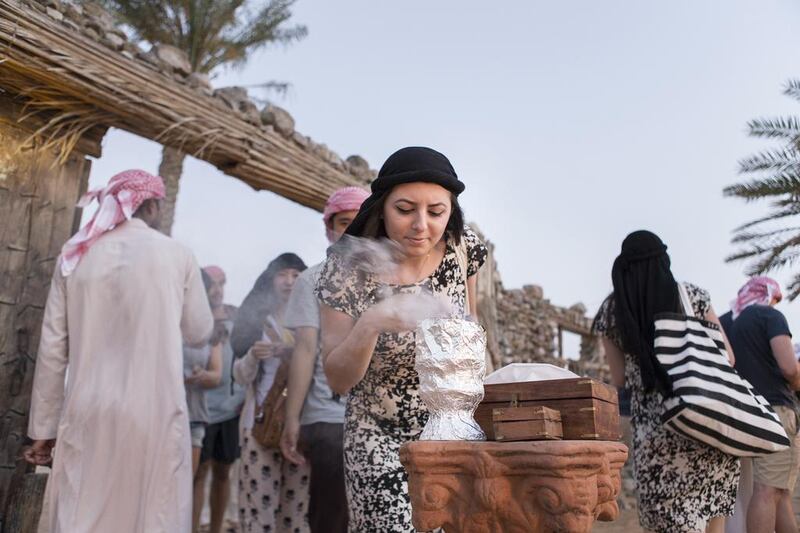The UAE’s economy will turn the corner next year, with growth outstripping 2017, thanks to improvement in the non-oil economy, according to the Egyptian investment bank EFG-Hermes.
EFG-Hermes expects the economy to slow this year amid continued lower oil prices and the difficulties small and medium-sized enterprises are having in adjusting to the new economic realities. As a result, real GDP growth is expected to slip to 1.1 per cent this year from 3 per cent in 2016, the bank said on Tuesday. Next year, however, the economy is expected to advance by 3 per cent.
“We see the pick up in economic activity gaining more pace over the coming period, driven mostly by Dubai’s expansionary fiscal stance, preparations for Expo 2020 gaining pace and Abu Dhabi’s receding fiscal tightening,” said Mohamed Abu Basha, an economist at EFG-Hermes. “Overall, GDP growth is likely to decelerate this year in light of lower crude production in compliance with Opec supply cuts.”
Opec and a group of countries led by Russia have agreed to extend a six-month global oil output cut that ends in June into the first quarter of next year to prop up oil prices.
Citing higher tourist arrivals, a rise in Dubai property transactions, an increase in government spending on projects ahead of Dubai Expo2020 and Abu Dhabi’s relaxation of austerity, the Cairo-based bank said it expects the country’s non-oil economy to advance 3 per cent this year and 3.5 per cent next year. Last year, the non-economy grew by 2.7 per cent, the bank said.
When it comes to where the growth will be coming from, Mr Abu Basha said that most of it will come from Dubai rather than Abu Dhabi because the former is less reliant on oil prices than the latter.
The UAE economy’s growth has slowed in recent years due to the collapse in oil prices that started in summer 2014.
As a result, governments and companies have cut back on spending on projects and slashed jobs. Consumers became cautious about spending money, further dampening growth. However, a rebound in oil prices since November has improved business confidence in the emirates, while an uptick in global trade has made economists, including those at the IMF, more upbeat about the local economy.
The non-oil economy is set to rebound this year on stronger global trade and investment spurred by Dubai Expo 2020, the IMF said this month.
Non-oil GDP is forecast to expand at 3.3 per cent this year with the budget deficit shrinking to 4.5 per cent of GDP, it said. Overall, the economy will expand by 4.4 per cent next year from 1.5 per cent this year, according to the fund.
Mr Abu Basha also cited an improvement in key economic indicators for the UAE, such as the monthly purchasing managers’ index, as a reason behind the investment bank’s renewed sense of optimism.
A gauge of the Dubai economy showed that the emirate’s business conditions improved in March amid gains in output, new orders and employment.
Wholesale and retail, travel and tourism and construction industries led the advance on the Emirates NBD Dubai Economy Tracker in March, capping the index’s strongest quarter since the first quarter of 2015.
Meanwhile, tourism has also been on the rise. In the first three months of the year, Dubai hosted 4.57 million tourists, up by 11.5 per cent on 4.1 million from a year earlier. The growth was more than double the rate registered in the same period last year.
Visitors from India, Saudi Arabia and the UK accounted for one-third of the total number during the period, with India becoming the first country to record almost 580,000 visitors in any quarter, according to Dubai’s Department of Tourism and Commerce Marketing.
mkassem@thenational.ae
Follow The National's Business section on Twitter





